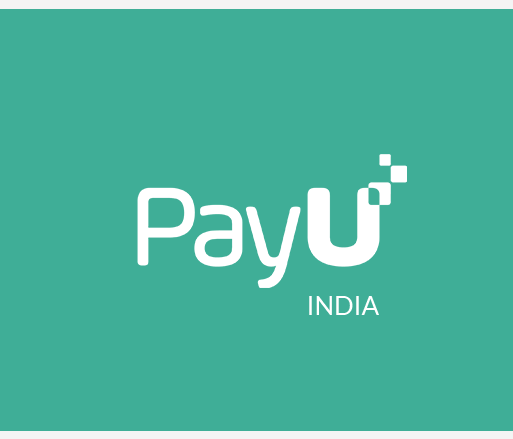BUSINESS
Driving Fintech Evolution: The Visionaries Behind PayU’s Success

In the dynamic realm of fintech, where the choice between building capabilities and strategic acquisitions is a perpetual challenge, PayU, under the leadership of visionaries Vijay Agicha, Prashanth Ranganathan, and Anirban Mukherjee, has emerged as a trailblazer. The company’s “Buy, Build, Repeat” playbook has not only accelerated its operations in India but has also positioned PayU as a formidable player in the country’s flourishing fintech ecosystem.
As the Global Head of Strategy and Growth at PayU India, Vijay Agicha has played a pivotal role in shaping the company’s global strategy. Focused on achieving scale without compromising profitability, Agicha emphasizes the importance of understanding the needs of stakeholders and building a business that evolves with them. Under his guidance, PayU has witnessed exponential growth, processing approximately $100 billion in payments volume and expanding its reach to over 30 markets by the end of 2020.
Agicha highlights the company’s journey, noting that in 2016, PayU processed $10 billion in payments volume across 16 markets. Fast forward to 2020, the company’s extensive reach spans over 30 markets, with impressive numbers—over a million merchants on its platform and connections with over 80 banks in India through the acquisition of Wibmo in 2019. Agicha proudly declares that the core payments business is now profitable, marking a significant milestone in PayU’s evolution.
Prashanth Ranganathan, the Chief Executive Officer of PayU Finance, embodies the spirit of collaboration and entrepreneurship that defines PayU’s growth strategy. Ranganathan emphasizes that PayU has a deep appreciation for entrepreneurs, and this sentiment is reflected in the company’s approach to partnerships and acquisitions.
As the founder of digital credit startup PaySense, Ranganathan experienced first-hand PayU’s commitment to collaboration. Following PayU’s investment in PaySense in 2017, PayU eventually acquired the company in January of the following year. Ranganathan, now leading PayU’s credit business, underscores the beauty of PayU’s strategy—recognizing that not everything needs to be built. PayU’s approach involves acquiring strategically important assets, integrating them with existing products, or building new verticals alongside existing ones.
Anirban Mukherjee, the Chief Executive Officer of PayU India since 2019, orchestrates the company’s growth with a focus on solving the problems and needs of merchants and consumers across payments, credit, and broader financial services. Mukherjee brings a unique perspective to the fintech landscape, emphasizing collaboration over going it alone.
Mukherjee acknowledges that PayU is not on this journey solo, stating, “We don’t want to build everything ourselves. We are also partnering with entrepreneurs.” This collaborative mindset has been a key driver of PayU’s success, distinguishing it from competitors. Mukherjee’s leadership has been instrumental in steering PayU’s growth through a series of strategic acquisitions, bold investment bets, and broad partnerships.
Under the trio’s leadership, PayU has executed a simple yet effective playbook—Buy, Build, Repeat. This approach involves acquiring strategically important assets, building upon existing capabilities, and repeating the cycle to create a comprehensive fintech ecosystem. Industry experts acknowledge that while the playbook’s theory is straightforward, execution is extremely challenging, and PayU stands apart due to its commitment to the founder’s mindset.
The company’s financials reflect the success of this approach. PayU’s revenue surged from Rs154 crore in FY15 to an impressive Rs1,194 crore in FY20. Moreover, losses, which peaked at Rs249 crore in FY17, stabilized at Rs99.5 crore in FY20. Srikrishna Ramamoorthy, a partner at Unitus Ventures, commends PayU for acquiring strategically important assets and scaling them effectively.
While PayU’s success is undeniable, the company faces challenges ahead, particularly in the competitive online credit lending market. The sector is crowded, customer acquisition costs are rising, and the risk of high delinquency poses a substantial threat. Analysts emphasize that PayU’s ability to underwrite and manage collections will be critical in navigating these challenges.
Mukherjee, focused on the future, expresses a desire for even faster growth, underscoring the company’s commitment to processing acquisitions, operations, and partnerships at an accelerated pace. As PayU continues to evolve, Vijay Agicha, Prashanth Ranganathan, and Anirban Mukherjee remain at the helm, driving innovation and collaboration to shape the future of fintech in India and beyond.
